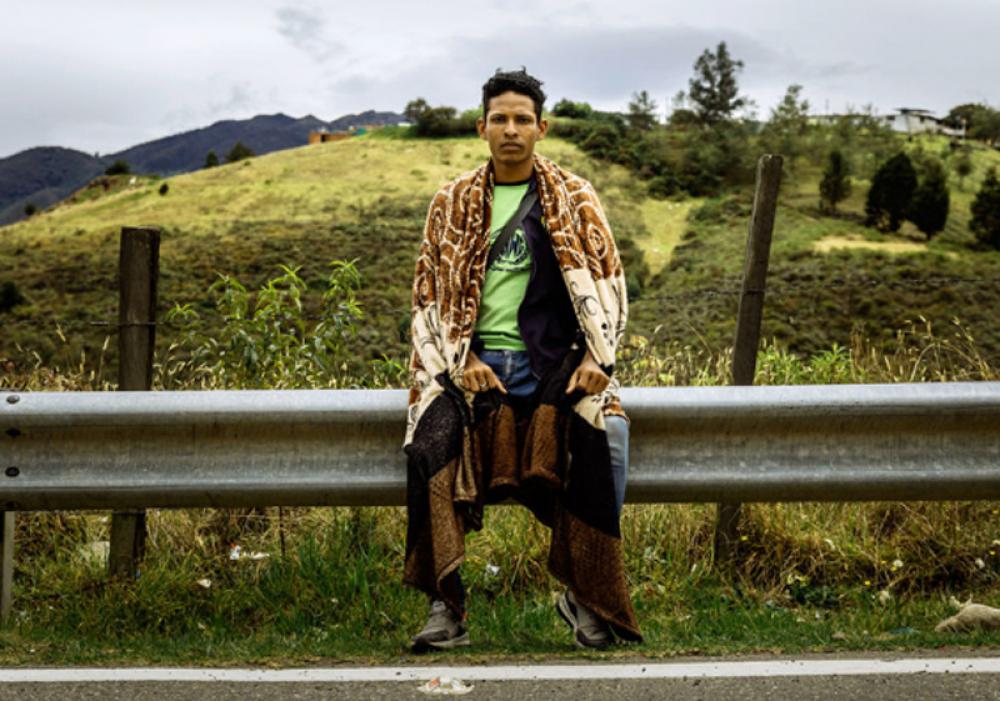Just Earth News | @justearthnews | 18 Dec 2019

New York: Demonstrations in Venezuela must be allowed to take place ahead of elections in 2020, the UN’s High Commissioner for Human Rights said on Wednesday, citing continued reports of harassment, threats, and detention by intelligence services and security forces.
Speaking at the Human Rights Council in Geneva, Michelle Bachelet described ongoing misery for the country’s poorest citizens, as they live with hyperinflation.
Today, their minimum wage “only covers 3.5 percent of the basic food basket”, she added, amid “failures in public service” including life-saving healthcare for children.
Alleged extrajudicial killings have also taken place since August, Ms. Bachelet insisted, a feature of previous warnings by her Office, that have also highlighted the excessive use of force against demonstrators, arbitrary detentions, ill-treatment and torture.
The victims of these alleged killings were “mainly young men (targeted) by members of the Special Action Forces (FAES) in the context of security operations carried out in marginalized neighbourhoods”, she said.
Based on information supplied by Venezuela’s Attorney General, the High Commissioner said that since August 2017, 770 officials have been accused of human rights violations, of whom “at least” 55 have been charged with 68 counts of homicide.
“It is important to know the total number of complaints of human rights violations received by the Attorney General’s Office during this period, including for alleged extrajudicial killings, in order to evaluate the impact of the work of the Attorney General’s Office in this area,” Bachelet said.
Earlier this month, the Human Rights Council announced the appointment of three investigators who will serve on its Fact-finding Mission on Venezuela.
The development is in line with a Human Rights Council resolution in September to urgently dispatch a mission to Venezuela “to investigate extrajudicial executions, enforced disappearances, arbitrary detentions and torture and other cruel, inhumane or degrading treatment since 2014 with a view to ensuring full accountability for perpetrators and justice for victims”.
Protests in their thousands
Citing information from the Venezuelan Observatory of Social Conflict that more than 16,400 protests have taken place so far this year – with 4,433 in the last three months – the High Commissioner noted that most of them were “led by professionals engaged in education, health, and industry, protesting poor working conditions and the lack of supplies and basic equipment in schools and hospitals”.
Security clampdown
Amid national protests last month by members of the opposition, students and Government supporters, Ms. Bachelet highlighted how “considerable” security forces were deployed against those not supporting President Nicolas Maduro.
An agreement has also been reached between the High Commissioner’s Office and Venezuela to install two UN human rights officers in Caracas, granting them access “to the whole country, including to detention centres”, she said.
“My Office appreciates the willingness of the authorities to review the progress of investigations of suspected extrajudicial killings in the context of security operations and of deaths that occurred during the 2017 protests,” Bachelet added.
In response to Ms. Bachelet’s oral update, the delegation for Venezuela denied that there was a crisis in the country, before condemning “unilateral” sanctions imposed by the United States.
By 2020, exodus set to reach 6.5 million
To date, 4.7 million Venezuelans have fled the country, High Commissioner Bachelet said - citing data from the Coordination Platform for Refugees and Migrants – and by the end of next year, that number is expected to reach 6.5 million.
Linked to this ongoing exodus, Bachelet expressed concerns that neighbouring host countries had taken to demanding “heightened entry requirements”.
Just getting out of Venezuela is proving more difficult than ever, the High Commissioner continued, since Venezuelan authorities increased the cost of a passports by 70 per cent – “a cost equivalent to 54 minimum salaries”.
This, in turn, had led to an increase in people resorting to people-smugglers and traffickers and the disappearance of three boats bound for the Caribbean between April and June this year, with 102 men, women and children on board.
Photo caption and credit:
IOM/Muse Mohammed
Steven of Venezuela and three friends attempt to hitchhike to the Paramo de Berlin (3,000m), the highest peak on their journey from Cucuta, Venezuela, to Bogota, Colombia.